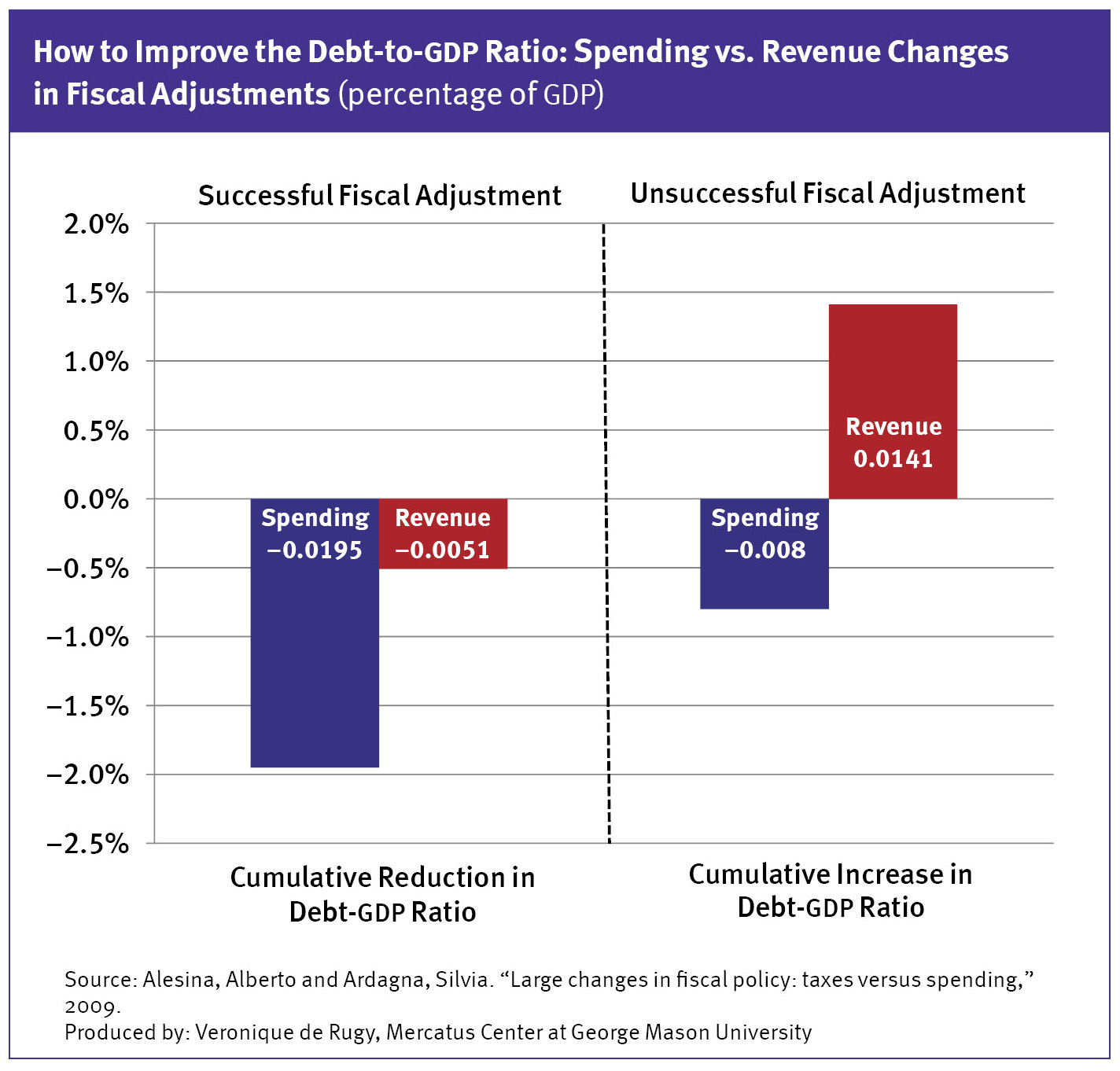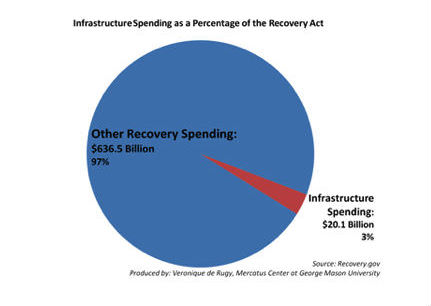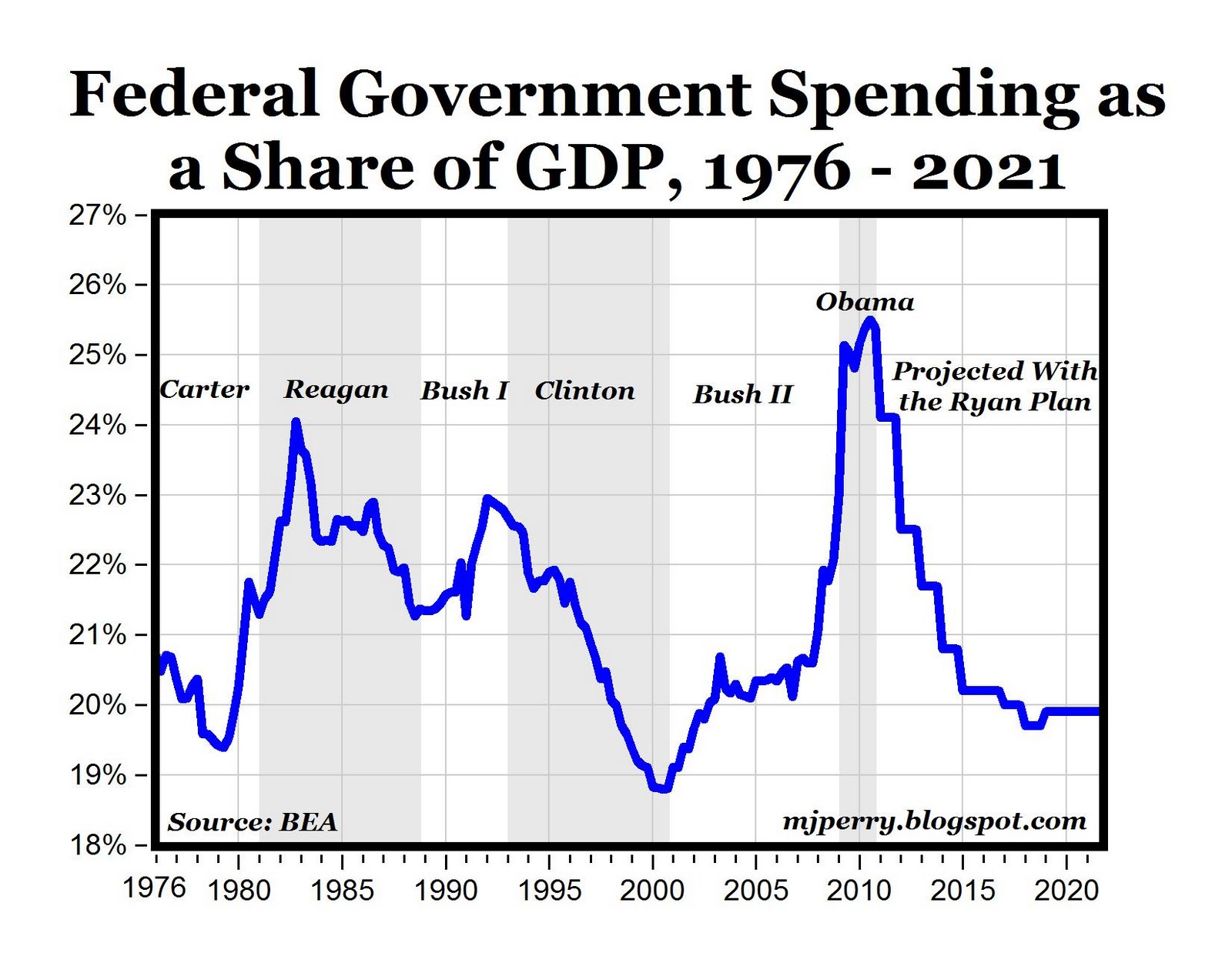(Albuquerque) For the third time, the Rio Grande Foundation (other papers were published in 2007 and 2009) has produced a report comparing the gross receipts and property tax burdens of New Mexico’s top 10 cities in population. And, while minor shifts abound within the report, the City of Rio Rancho has seen the most dramatic increase in tax burden and the most dramatic increase relative to other New Mexico cities.
The City of Vision was in the middle of the pack with the 5th-heaviest tax burden as a percent of income back in 2009. Due to increases in both property and gross receipts tax rates in Rio Rancho, the City’s tax burden jumped from 9.19 percent of median personal income, to 10.74 percent. This gave Rio Rancho the dubious distinction of having the heaviest tax burden among major cities in New Mexico according to the new report.
The 2011 tax burden study is available here.
For the sake of comparison, the 2009 tax burden study is available here.
According to the new report, Farmington and Albuquerque saw the biggest improvements in their relative tax burdens. Farmington improved from 3rd-heaviest to 5th-heaviest overall burden as a percent of personal income while Albuquerque went from heaviest burden in the state to 3rd-heaviest, largely due to property tax rate reductions in recent years.
Said Rio Grande Foundation president Paul Gessing of the new report, “While actual tax burdens will vary based on actual expenditures, property tax assessments, and the length of home ownership (due to New Mexico’s statewide 3 percent cap), this report provides useful information on the evolution of various tax policies in cities statewide.”
“Particularly useful,” according to Gessing, is the “historical record of various tax rates that can be found since this is the third edition of the “Tax Friendliness” report.




